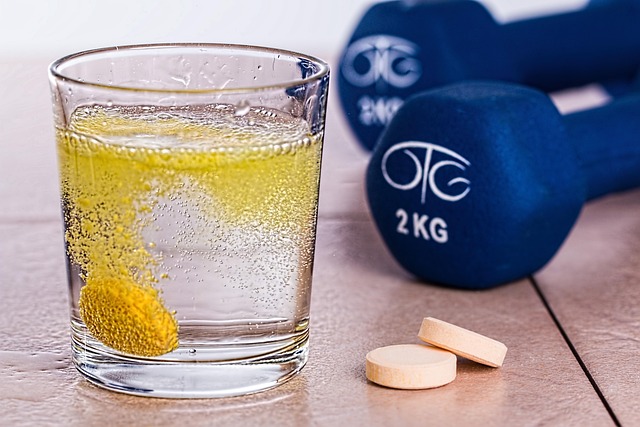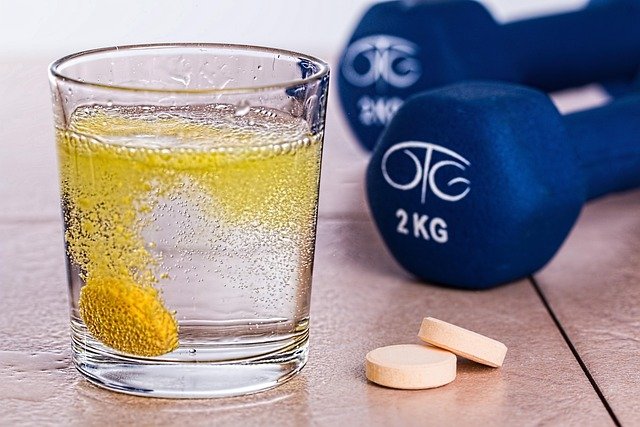Nutrition strategies that support immune function and recovery
Good nutrition plays a central role in supporting immune function and speeding recovery after illness or exertion. This article summarizes evidence-based nutrition strategies, complementary lifestyle actions, and practical tips that support immunity, reduce infection risk, and help the body repair itself. The focus is on balanced, achievable approaches that work in daily life worldwide.

Nutrition strategies that support immune function and recovery
Nutrition is one of several modifiable factors that influence how well the immune system responds to pathogens, inflammation, and physical stress. A steady supply of macro- and micronutrients supports barrier defenses, cellular immune responses, and the metabolic needs of recovery. This article outlines actionable strategies, the role of related lifestyle behaviors, and practical workplace and daily tips to help maintain resilience and aid recovery.
How does nutrition support immunity?
Nutrition supplies the raw materials immune cells need to function. Protein provides amino acids for antibody and cytokine synthesis; essential fatty acids influence inflammatory signaling; and vitamins and minerals such as vitamin D, vitamin C, zinc, and selenium act in antioxidant defenses and cellular signaling. Diets rich in whole foods—vegetables, fruits, lean proteins, legumes, nuts, seeds, and whole grains—help maintain diverse micronutrient status and a healthy gut microbiome, which is linked to immune regulation and reduced infection risk.
What foods and nutrients aid recovery?
Recovery after illness or intense exercise requires energy, protein, and repletion of depleted micronutrients. Prioritize high-quality protein sources (fish, poultry, legumes, dairy, soy) to support tissue repair and immune cell turnover. Include colorful fruits and vegetables to provide vitamin C, beta-carotene, and polyphenols that support antioxidant defenses. Consider foods with zinc (oysters, beef, pumpkin seeds) and selenium (Brazil nuts, fish) when intake is low. Carbohydrate intake can be adjusted to match energy needs and support glycogen restoration after heavy exertion.
How does sleep and stress affect immune function?
Sleep and psychological stress interact closely with nutrition to shape immune responses. Poor sleep impairs antibody production and cellular immunity, while chronic stress raises inflammatory markers and alters appetite and nutrient metabolism. Nutritional choices can influence sleep quality—avoiding large late-night meals, limiting alcohol, and maintaining consistent meal timing help. Dietary patterns that stabilize blood sugar and include magnesium-rich foods (leafy greens, nuts) may support better sleep and lower stress-related immune dysregulation.
How does regular exercise influence immunity and recovery?
Moderate, regular exercise enhances immune surveillance and lowers chronic inflammation, while very intense or prolonged exertion temporarily suppresses some immune functions. Nutrition supports the benefits of exercise by meeting increased energy and protein needs and by providing antioxidants that mitigate oxidative stress. During training periods, prioritize timely protein (20–30 g per meal), adequate carbohydrate for performance, and attention to hydration to optimize recovery and maintain immune resilience.
What role do hygiene, ventilation, and diagnostics play in prevention?
Nutrition is one piece of prevention; hygiene practices, proper ventilation, and timely diagnostics reduce exposure to infectious agents and support early detection. Hand hygiene, masking in high-risk settings, and improved indoor ventilation lower transmission risk, while access to diagnostics allows for targeted care and isolation when needed. In workplace settings, combine nutrition-supportive policies—such as healthy cafeteria options and hydration stations—with environmental measures to reduce overall infection risk and support staff recovery.
Practical hydration and workplace nutrition tips
Hydration supports mucosal barrier function and overall performance; aim for regular fluid intake adjusted for activity, climate, and health status. At work, plan balanced meals and snacks that combine complex carbohydrates, protein, and healthy fats to sustain energy and immune function. Portable options include yogurt with fruit and nuts, hummus with vegetables, or lean sandwich options. Minimize reliance on highly processed foods and sugary drinks, which can displace key nutrients needed for immunity and recovery.
This article is for informational purposes only and should not be considered medical advice. Please consult a qualified healthcare professional for personalized guidance and treatment.
Nutrition strategies are most effective when combined with adequate sleep, stress management, hygiene, and appropriate workplace measures. Prioritizing a varied diet, sufficient protein, key micronutrients, steady hydration, and regular movement supports immune function and helps the body recover from illness or physical stress. Tailor these principles to individual needs, cultural food practices, and any medical conditions when planning a nutrition strategy.






